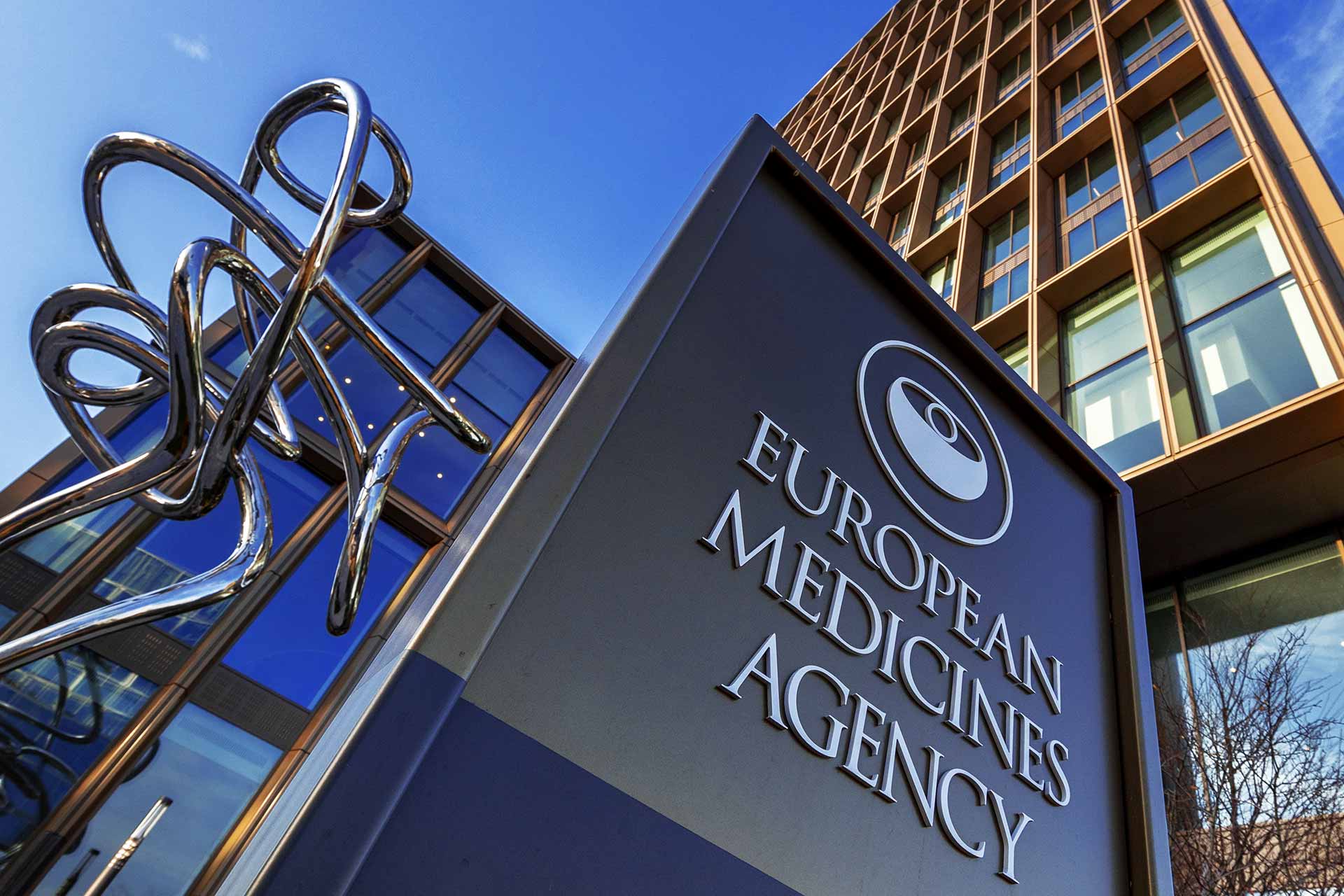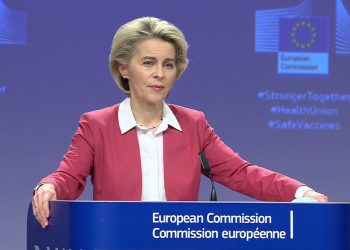The European Medicines Agency (EMA) has re-affirmed its long-standing commitment to independence and transparency in its evaluation of COVID-19 treatments and vaccines. Tried and tested measures ensure that EMA’s recommendations are driven only by science and public-health needs, and not by any other interests.
The scale of the COVID-19 public health crisis has led to unprecedented efforts by all those involved in the development of medicines to treat and prevent COVID-19, compressing a process that typically requires several years into one lasting only several months.
EMA and the national competent authorities have responded to these challenges by fully mobilising their resources to expedite their advice and evaluation processes, while maintaining their safety and efficacy standards and applying tested independence and EMA transparency rules. MEPs called for complete transparency regarding contracts and deployment of COVID-19 vaccines.
EMA transparency and OLAF controls
Maximum EMA transparency a pre-condition
EMA considers maximum transparency as a pre-condition for fostering trust and confidence in the EU regulatory system. It is also planning a range of additional measures to provide the public prompt insights into its development and safety-monitoring processes. This includes for example the publication of the product information with details of the conditions of use even before the formal marketing authorisation will be granted. Then follows the expedited publication of the full European Public Assessment Report (EPAR) and the publication of the risk management plans for authorised COVID-19 medicines in their entirety, rather than as a summary.
EU leaders see ‘dark red’ and urge Brussels and EMA to speed up vaccine delivery
In an PDF iconopen letter sent to European Ombudsman Emily O’Reilly in response to an enquiry on the role of EMA and its pandemic task force during the COVID-19 crisis, the Agency explains that it is applying the same independence measures to its experts dealing with COVID-19 treatments and vaccines as it does for those dealing with all medicines. This includes the experts involved in providing advice on these medicines’ development, as well as the experts evaluating them.
The letter also sets out the EMA transparency plans for COVID-19 treatments and vaccines. EMA will publish the clinical data underpinning its recommendations for all COVID-19 medicines. This falls under the scope of EMA’s landmark policy on proactive publication of clinical data, which the Agency is reinstating – exclusively for COVID-19 medicines at this point – following its suspension in August 2018 to allow the Agency to focus resources on its relocation from the United Kingdom to the Netherlands.
MEPs call for more clarity and transparency
Members of the European Parliament debate on the latest developments regarding contracts, transparency, authorisations, availability and deployment of COVID-19 vaccines. MEPs underlined the need for more clarity and transparency regarding vaccine contracts, as well as the decision-making process at EU level. They welcomed the European Commission’s openness to share available information whilst also acknowledging that some questions can be better answered by member states and pharmaceutical companies.
Many debate parliamentary questions concern possible additional national or bilateral contracts. The Commission confirms that it is not aware of any such alleged contracts. Through the Joint Procurement Agreement, the EU has priority to deliver vaccines, which will then be distributed to member states on a pro-rata basis.
Ursula von der Leyen admits to failings in vaccine EU plan
Many members emphasize that the EU had made the right key decisions, especially on the collective European approach to vaccination and on standing up for its citizens’ rights by putting safety first and enforcing EU liability rules.
In order to build citizens’ trust in the vaccination efforts and avoid disinformation, the EU must “tell the truth”, some MEPs pointed out. In this respect, many recalled the need for transparency with regard to contracts, as well as for comprehensive and clear data on vaccines rollout at national level.
“And yet it is a fact that we are not today where we want to be in the fight against the virus,” Ursula von der Leyen told EU lawmakers.
“We were late with the approval. We were too optimistic on mass production. And perhaps we were also too certain that the orders would actually be delivered on time,” she said.
Following requests from MEPs, the Commission provided information regarding a number of other specific issues:
- A reading room is open for MEPs wishing to review vaccine contracts and agreements with pharmaceutical companies;
- The largest quantities of vaccines will be during the second quarter of 2021, as already agreed in the existing contracts – specific strategies for deployment, including priority groups for vaccination, are set up by each member state;
- A dedicated platform will be available where member states can report, twice a week, the number of vaccines received and used.
The European Medicines Agency (EMA) plays an important role in enabling the development, scientific evaluation, approval and monitoring of COVID-19 vaccines in the European Union (EU). Vaccines for COVID-19 are being developed, evaluated and approved according to current regulatory guidelines and legal requirements.















